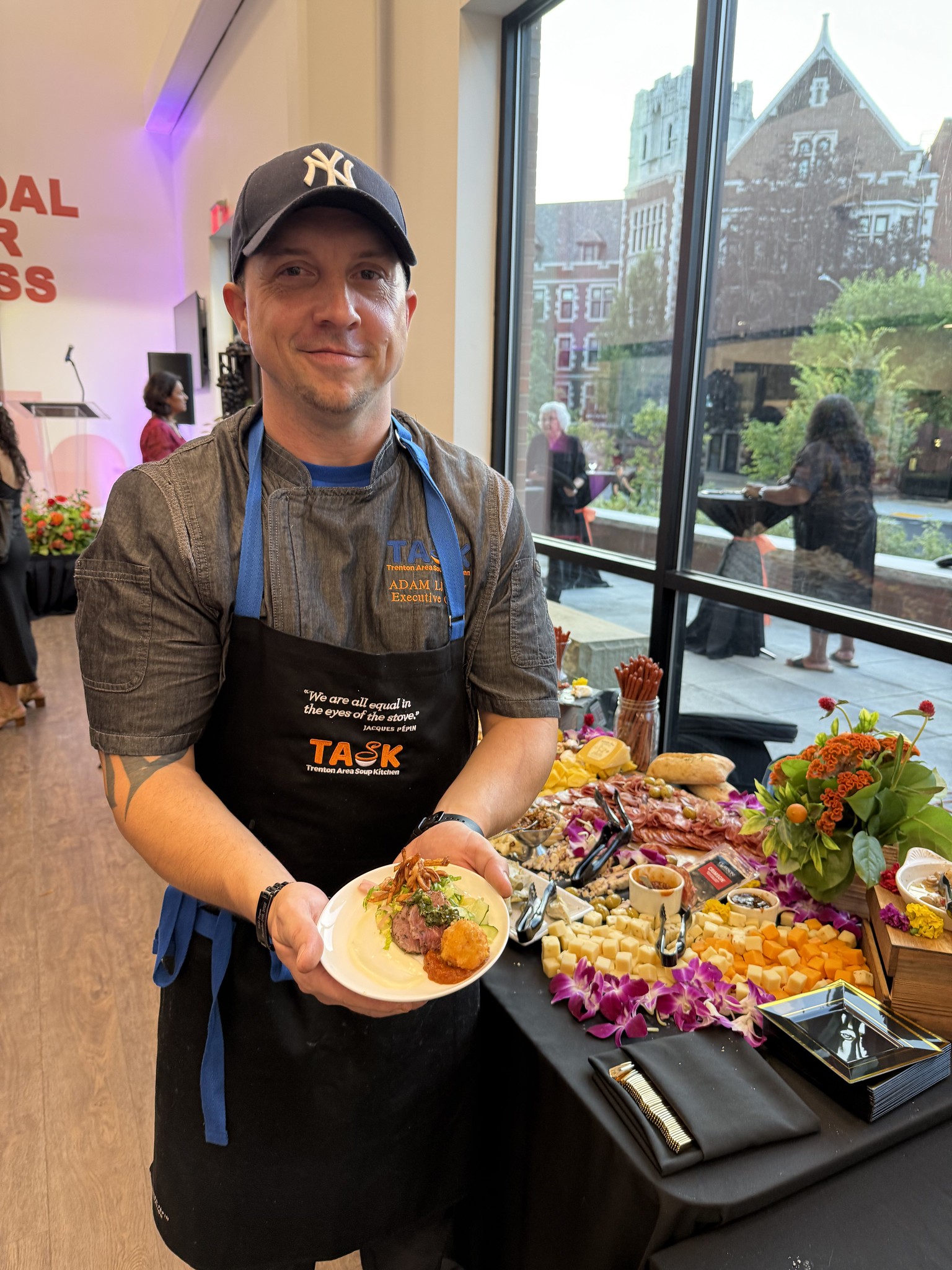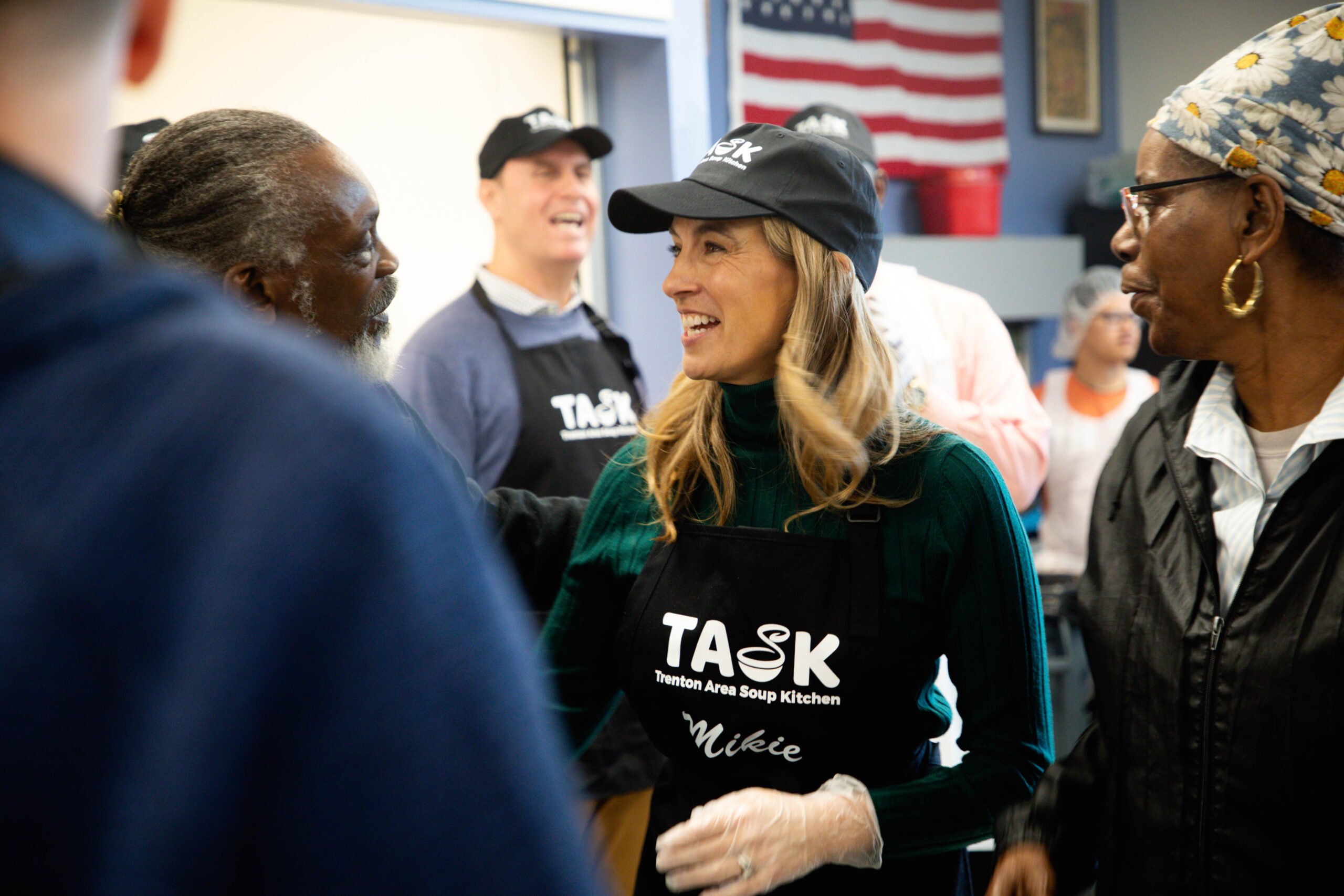News, Events & Stories
A Vicious Cycle: TASK Helps Patrons Obtain IDs, Despite Challenges
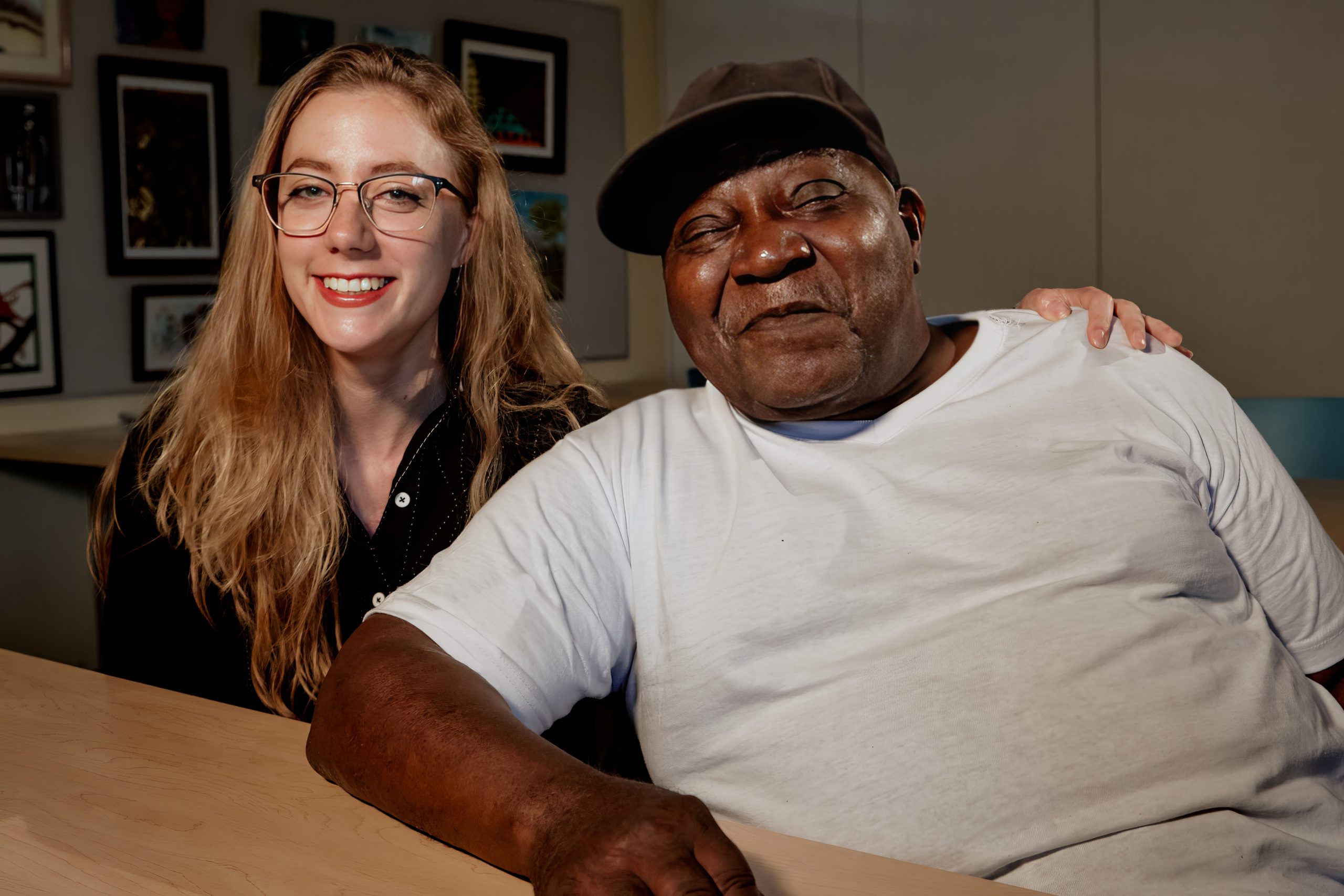
TASK Case Manager Whitney Hendrickson knows all too well how important identification is to TASK patrons. In one case, a patron told her that his ID saved his life.
“He told me the cops were going to arrest him,” Hendrickson recalls. “He said, ‘I probably would have died or got sent back to prison. But because I remembered I had that little piece of plastic in my pocket, I was able to pull that out, show them my ID, and it was fine.’ He insisted, ‘You don’t realize what can happen to people without ID – we don’t count. My life counts because you helped me get my ID.’”
Beyond food insecurity, TASK case managers often cite identification as the most pressing problem for patrons. An ID represents opportunity. Access to food stamps, benefits, banking, medical care, housing and employment all require ID.
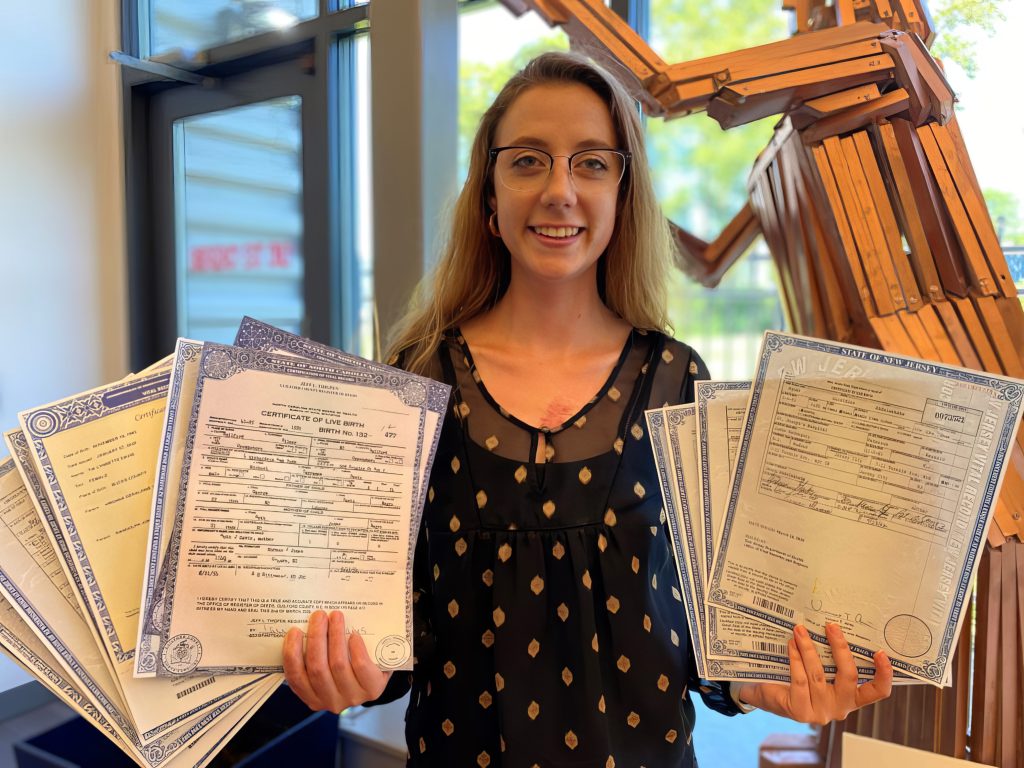
For many people, a lack of ID presents an inconvenience – sometimes locating documentation, a couple hours at the DMV and several dollars in fees. For many TASK patrons, a lack of ID presents a nearly impassible hurdle, and the documentation required often presents a formidable barrier.
“You basically need ID to get an ID,” says Julie Janis, TASK Coordinator of Social Services. “It’s a vicious cycle, and it’s about to get more challenging.”
In New Jersey, a person must pass the 6 Points of ID Verification as required by the New Jersey Motor Vehicle Commission. Applicants must submit at least one document weighted four points and some other combination of documents weighted at lesser points. Of those four-point documents, nearly each one requires some official certificate of birth or citizenship – documents that patrons often don’t have in their possession. In addition, New Jersey will soon require proof of residency – proof that typically requires an ID to procure, and a requirement that is nearly impossible for homeless patrons to provide.
“Anyone could lose their ID, but most of us can get it back relatively easily,” Hendrickson explains. “But when you don’t have support, which is the case for many of our patrons, everything can fall apart fast.”
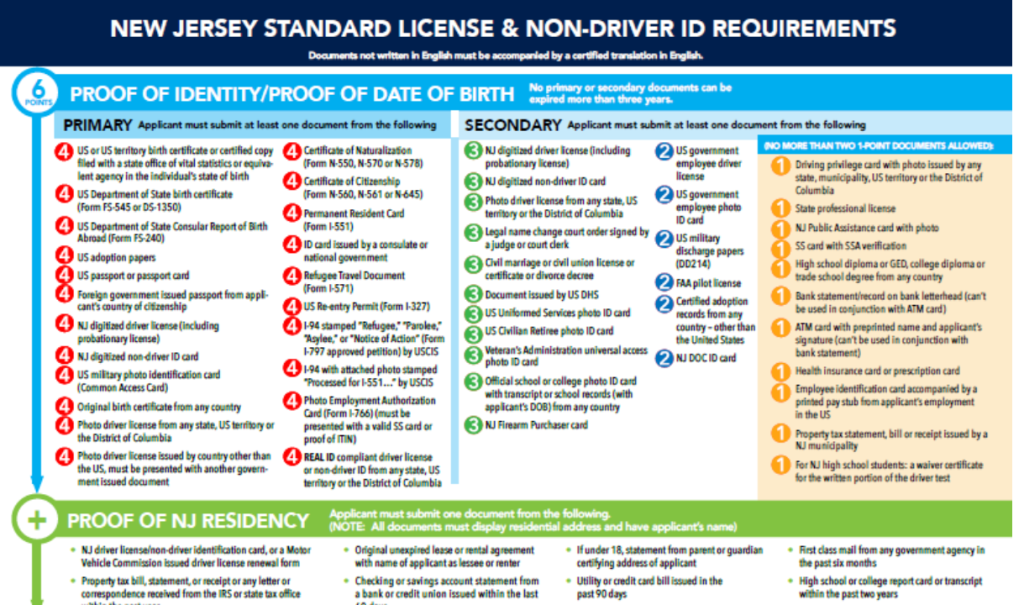
It’s the main reason TASK has taken the lead on the Mercer County ID Project, a partnership that will help TASK patrons and clients from other local agencies get the identification they need. The project, funded by the Mercer County Department of Human Services, will benefit the homeless and unsheltered, for whom lack of identification is prevalent.
The ID Project also includes a new hire – an identification specialist who will be based at TASK, but shared by a partnership of Trenton nonprofits – navigating the complex, time-consuming process for all.
For patrons born out-of-state, the process takes even longer. Hendrickson tells numerous stories about endless internet searches and phone calls to agencies across the U.S. in pursuit of patrons’ birth certificates, one of the simplest ways to satisfy the four-point requirement.
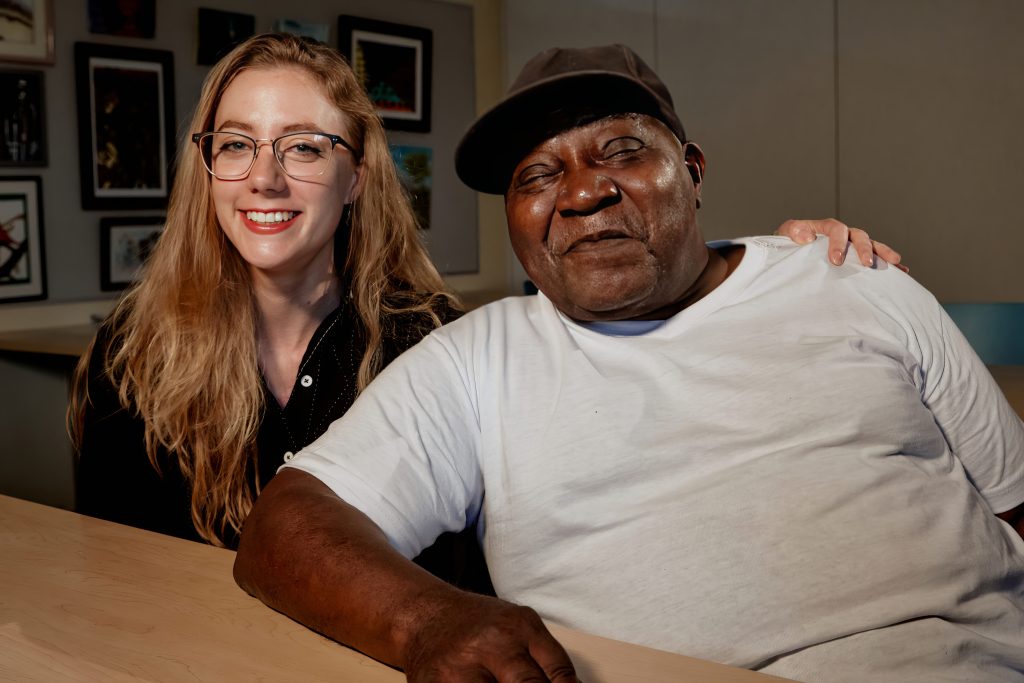
The search for Woodrow Gilliarod’s birth certificate took them to Mecklenburg, North Carolina. The 81-year-old military veteran wanted to collect his pension and military benefits so he could relocate to a new apartment with his severely disabled wife. Gilliarod was born at home to illiterate parents in 1941 – a time when birth certificates were not yet standardized across the United States. Additionally, his parents spelled his name one way on his birth certificate but another way when they registered him for school, so his records were inconsistent. Shutdowns caused by COVID-19 have complicated the process even further.
Eventually, case managers were able to use his wife’s identification to get him his pension and move the couple into a new space. After more than a year, Mr. Gilliarod is still waiting for his official birth certificate, preventing him from obtaining an ID. Fortunately, with TASK’s help, the process is inching forward.
TASK started obtaining identification for patrons 19 years ago. While the pandemic slowed requests last year, TASK has handled up to 700 requests in a given year.
“Over time the TASK staff has become pretty adept at managing this process, so taking on the County ID Project was a natural fit for us,” TASK Executive Director Joyce E. Campbell explains. “We’ve seen first-hand how getting the right identification can be life-changing for our patrons. The overall goal is to stream-line this process and get more people what they need to take the next steps toward self-sufficiency.”
